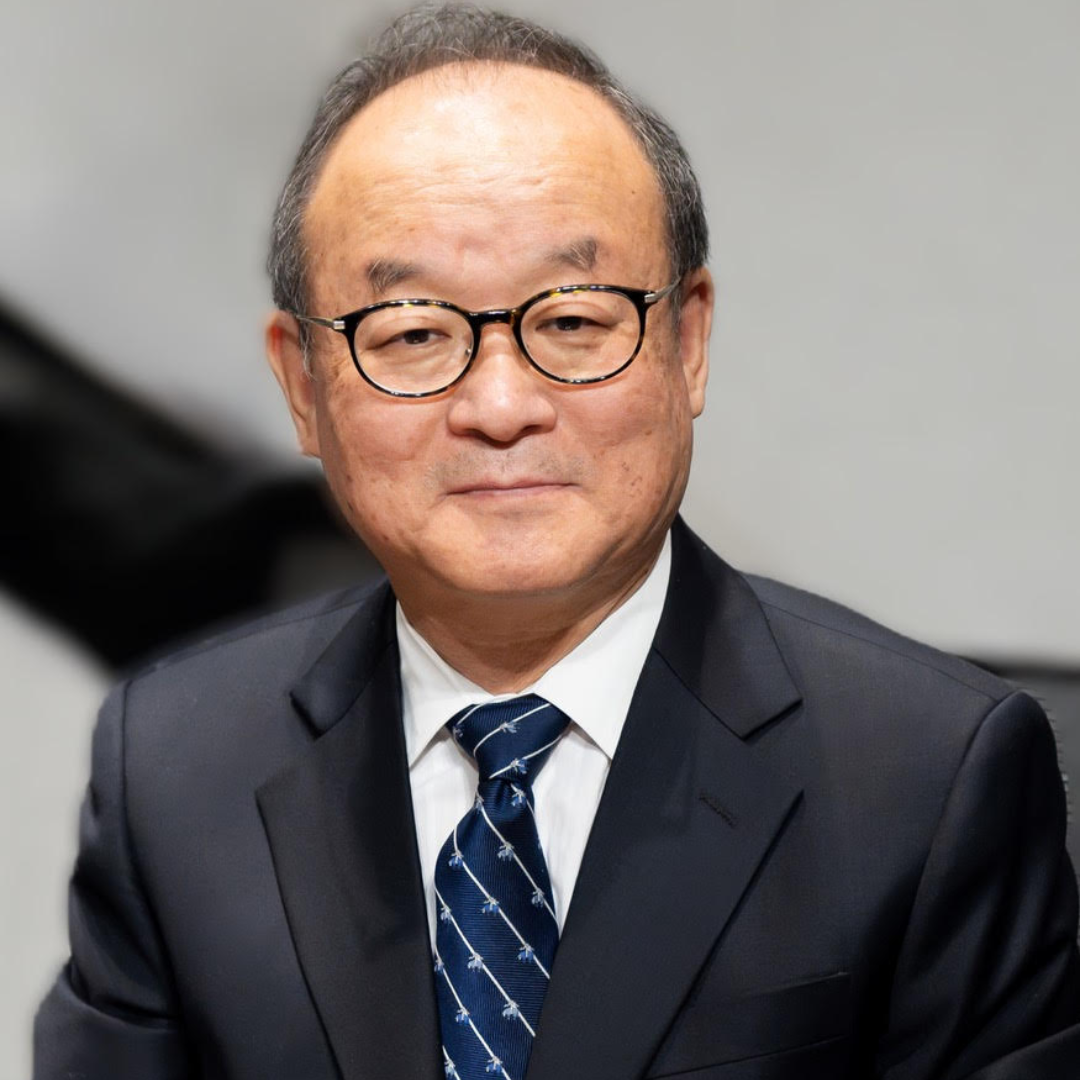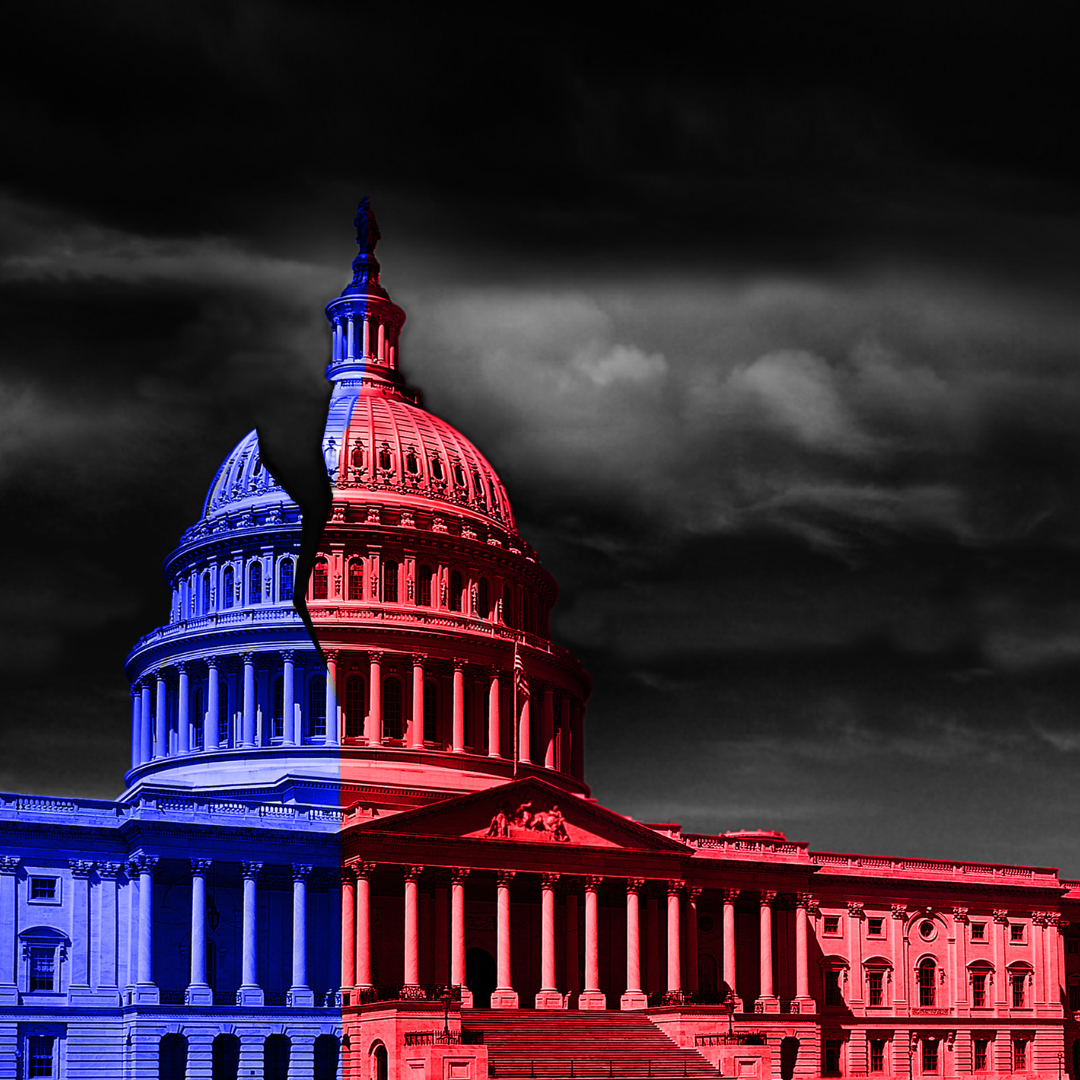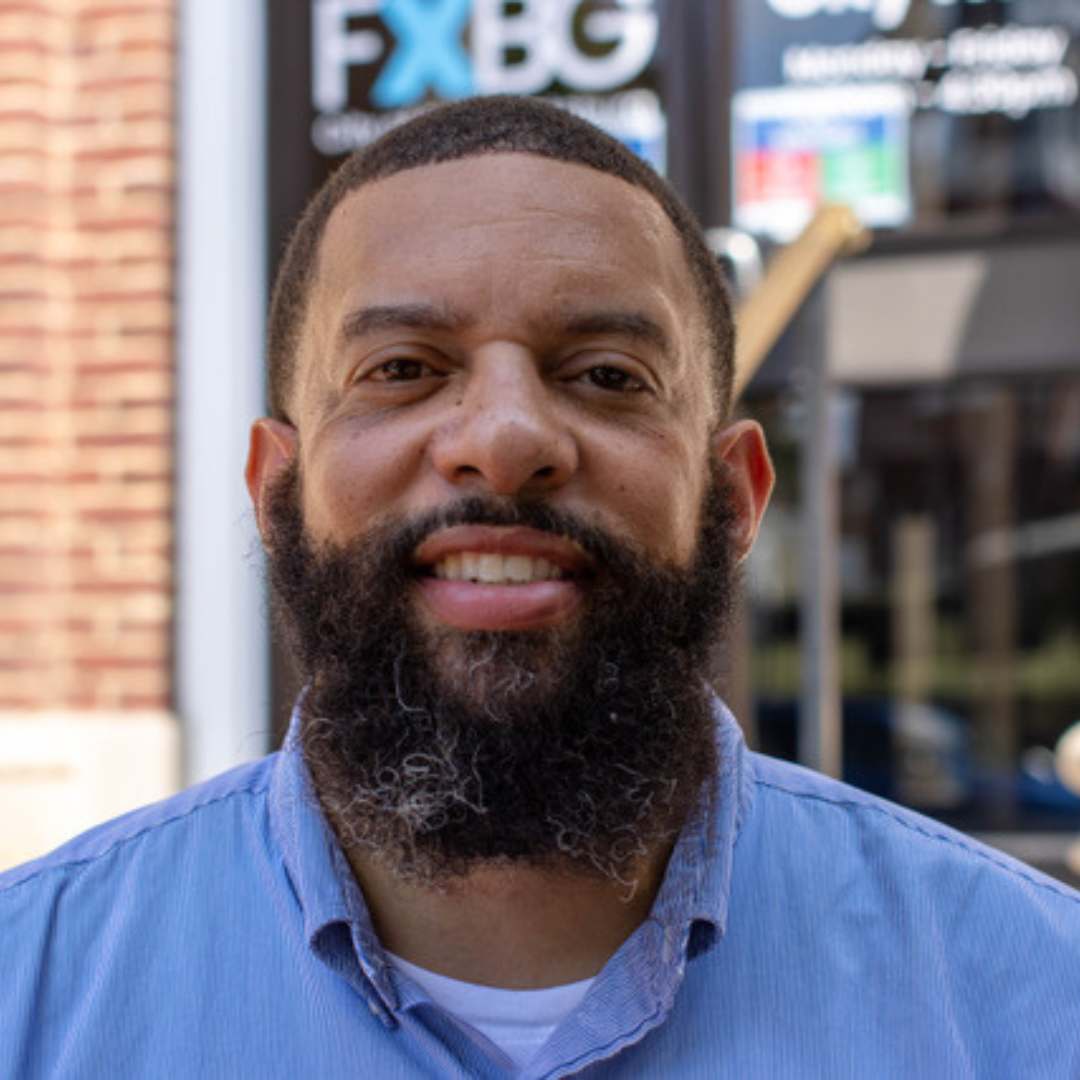Insights from the March Local Leadership Chat
Leading Through Tumultuous Times
Local leaders nationwide are navigating economic stress, political shifts, and growing community division. In Social Prosperity Partners’ most recent Local Leadership Chat, mayors, council members, school board representatives, and other civic leaders shared challenges and strategies for strengthening governance and public trust.
Navigating Uncertainty in Governance
Participants expressed a range of perspectives on what makes this a tumultuous time. For some, the instability is immediate—financial constraints, political division, and public disengagement are daily realities. "It feels like February 2020," one participant noted, recalling the early uncertainty of the COVID-19 pandemic. "All I’ve felt for the past six to eight weeks is this sense of deer-in-the-headlights—frozen—not sure what to do next."
Others pointed to challenges on the horizon, such as shifting political landscapes and economic uncertainty. "We don’t know what’s going to happen next, but I’m worried about it," one official admitted. "We’ve always been insulated from big economic swings, but now, federal funding is drying up, and critical programs are at risk."
Some leaders focused on the long-term consequences of past decisions—or inaction. "Our schools were built in the 1950s. Our water pipes are over 100 years old. Everything costs $10 million to fix, and yet there’s a demand to lower taxes," a mayor described. Another official added, "Why were these projects delayed? Because nobody wanted to be the bad guy. Now we’re stuck being the bad guy."
This discussion made clear that local leaders are navigating instability on multiple levels—immediate crises, looming threats, and inherited challenges—all while trying to act responsibly while maintaining public trust and community cohesion.
The Struggle for Local Government to Restore Public Trust
Trust in government is eroding, particularly when leaders struggle to engage their communities. "Transparency and public input are dwindling," a former mayor observed. "When local governments limit public comment, ignore surveys, or fail to act on feedback, people disengage—and when they disengage, trust erodes."
Political shifts have also changed the way certain local initiatives are funded. A civic leader noted, "We’re seeing grants and funding sources shrink or disappear for programs that used to be reliable. It’s making it harder for local governments to sustain partnerships that provide essential services."
School board members face new challenges. "We serve everyone, not just those who voted for us," one member emphasized. "But now there’s a push to make school board elections partisan. That’s concerning because it could shift decisions from what’s best for all students to what serves a political interest."
Building Stronger Community Connections
A recurring theme was the need for deeper community ties. "I call it a longing for belonging," a mayor shared. "People want to feel connected. And yet, everything around us seems to be pulling us apart."
In-person engagement remains critical. "Social media doesn’t build trust—it amplifies division. We need to meet people where they are, face-to-face," one leader urged. Another added, "Go door to door. Show up at the post office. Have real conversations, not just check-the-box engagement events."
Arts and culture also foster connection. "In our art center, people from different backgrounds come together to create, share, and learn. That’s what we’re missing—organic spaces where people connect in a non-political way."
Leadership in Action: Turning Challenges into Solutions
Leadership today requires balancing listening, learning, and action. "We have to learn our way into new realities," one official said. "What used to work doesn’t anymore. But how do we make sure that what we do next actually serves our communities?"
Some cities are finding solutions. A mayor described taking over a failing community center: "We formed legal, financial, and staff teams. We engaged the public. We didn’t have all the answers, but we learned together. Now, the city is taking over, and the community is excited about its future."
Another council member stressed the need for follow-through. "It’s not just about gathering input—it’s about showing how that input leads to real decisions. Too often, governments hold meetings, collect ideas, and then do nothing with them. That erodes trust. We need to demonstrate impact."
Practical Strategies for Strengthening Local Leadership
Participants shared practical ways to strengthen communities:
- Communicate Transparently: Regularly update residents on decisions.
- Engage Face-to-Face: Host town halls, attend gatherings, and have direct conversations.
- Demonstrate Follow-Through: Show how public input leads to action.
- Build Public Safety Trust: Strengthen relationships between law enforcement and communities.
- Invest in Community Spaces: Support libraries, centers, and arts organizations as engagement hubs.
- Prepare for Crisis: Anticipate financial and political challenges with adaptable plans.
- Encourage Collaboration: Partner with nonprofits, businesses, and schools.
- Model Civil Discourse: Promote respectful discussion, even in disagreement.
Building Resilience and Community Trust
As the conversation ended, leaders reflected on what must come next. "The work isn’t easy, but it matters. We’re not just managing cities, we’re shaping how people live and work together. That’s a huge responsibility."
Others emphasized perseverance. "Some days, it feels like nothing changes. But if we stop trying, then we guarantee nothing will change."
The chat closed with a renewed commitment to leading through complexity with resilience and a focus on community trust. "We have each other—that’s what matters. If we can strengthen our communities, then we can meet whatever challenges come next."
Join the Conversation: Engage with Fellow Civic Leaders
Social Prosperity Partners hosts monthly Local Leadership Chats for civic leaders to exchange ideas and support. If you are an elected official, appointed leader, or civic professional navigating today’s complexities, we invite you to
join us. Let’s learn and lead together.



